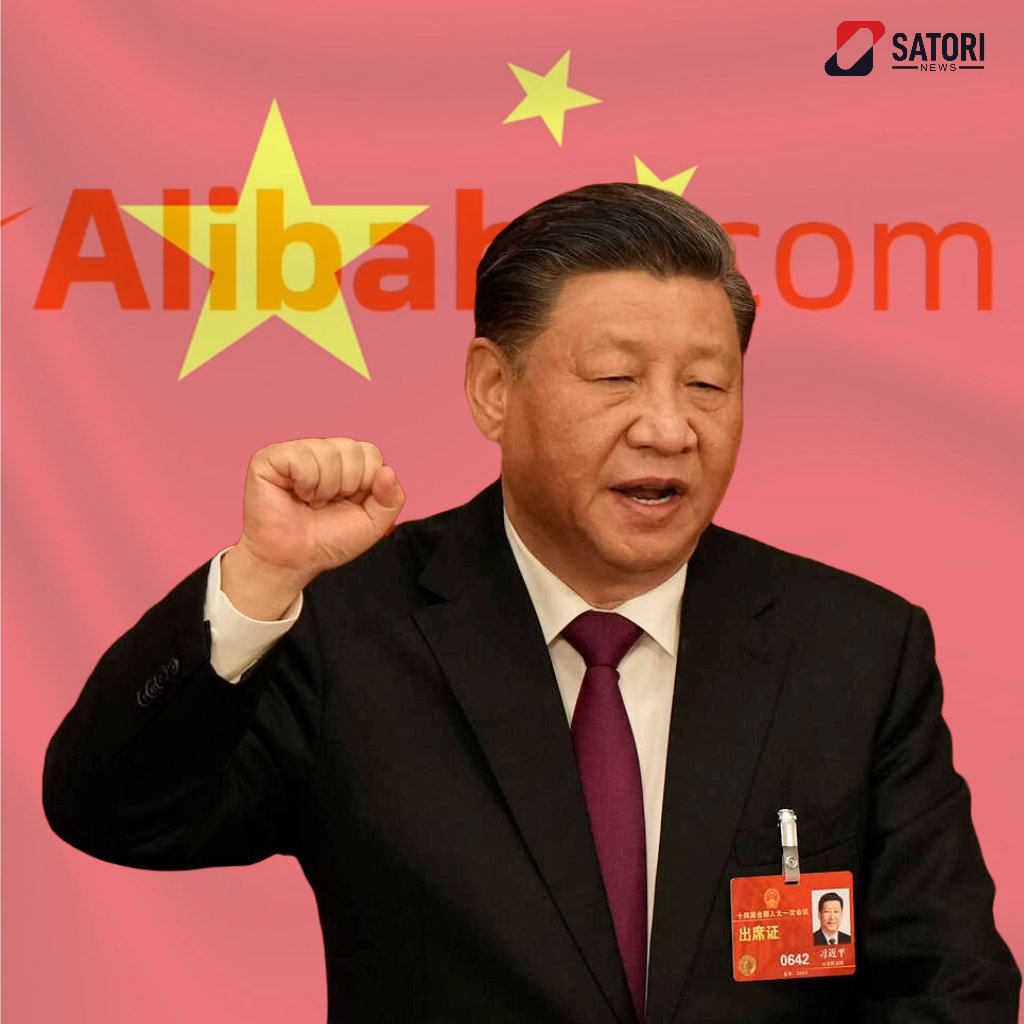Picture: for illustration purposes
Xi Jinping's Crackdown Echoes Across China's Tech Empire
In an unprecedented enforcement of regulatory measures, China's President Xi Jinping has left an indelible mark on the country's thriving tech sector, leading to significant financial impacts and sparking discussions of potential shareholder legal action. The chief subject of this crackdown is none other than Jack Ma, the high-profile founder of Alibaba and the financial tech juggernaut Ant Group.
The measures, which took pace and vigor in recent times, are seen as part of President Xi Jinping's broader strategy to rein in the power of tech moguls and ensure the tech giants align more closely with the government's strategic goals and regulatory frameworks. It is a strategy that speaks to the Chinese leadership's discomfort with the growing influence and independence of these technology powerhouses and their charismatic leaders.
This pursuit of tighter control has led to a precipitous decline in shareholder value. The crackdown’s toll on Jack Ma's business empire is staggering, with the Ant Group and Alibaba's combined losses estimated at a whopping $877 billion. These figures represent one of the most significant devaluations in the history of the global tech industry. It’s not just Ant Group and Alibaba feeling the pressure; other tech behemoths, including Tencent, Didi Chuxing (commonly called DiDi), and Meituan, have also been caught in the crosshairs of regulatory oversight, facing substantial valuation shrinkage as a result.
The concerns arising from such drastic measures have seen whispers of possible legal action by Alibaba shareholders against Jack Ma. They argue that Ma's actions and his apparent lack of diplomacy in managing his relationship with the Chinese government may have provoked regulatory reprisals that led to these substantial financial losses.
Ma’s initial friction with regulatory bodies became apparent when Ant Group's much-anticipated $37 billion initial public offering (IPO) was abruptly halted by regulators in November 2020, setting off a chain reaction of scrutiny and censure. Since then, the Chinese government has worked diligently to tighten regulations on the fintech sector, which they viewed as too unbridled and necessitating stricter oversight to prevent market disorder and financial risks.
The broader implications of the government's firm stance against tech giants reach far beyond the immediate financial effects for these companies. There is potentially a more chilling effect on innovation and entrepreneurship in China’s technology sector. The confidence of both national and international investors is on shaky ground, as they grapple with the dilemma of high growth potential juxtaposed against an unpredictable regulatory environment.
While the internal struggles and potential legal battles among shareholders may yet play out behind closed doors, the reverberations of Xi's crackdown extend to the structure of China's technology industry and the global marketplace. As the Chinese tech sector correlates with global markets, ensuring regulatory alignment with international norms and maintaining investor confidence is crucial for its ongoing viability and success.
This saga serves as a cautionary tale about the tenuous balance between government control and economic innovation. As China endeavors to position itself as a global technology leader, the actions of its government in the present day will undoubtedly shape this trajectory for years to come.






